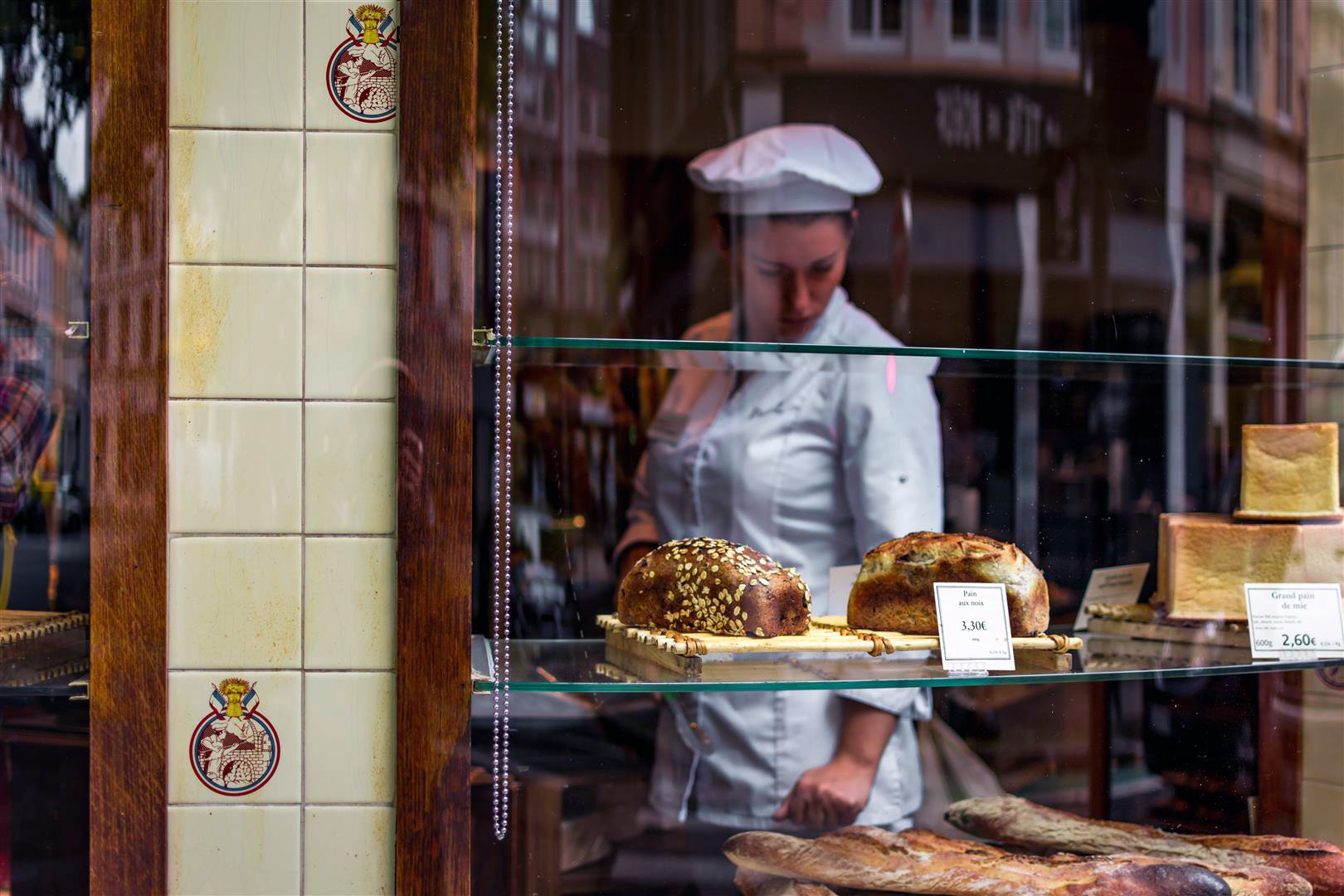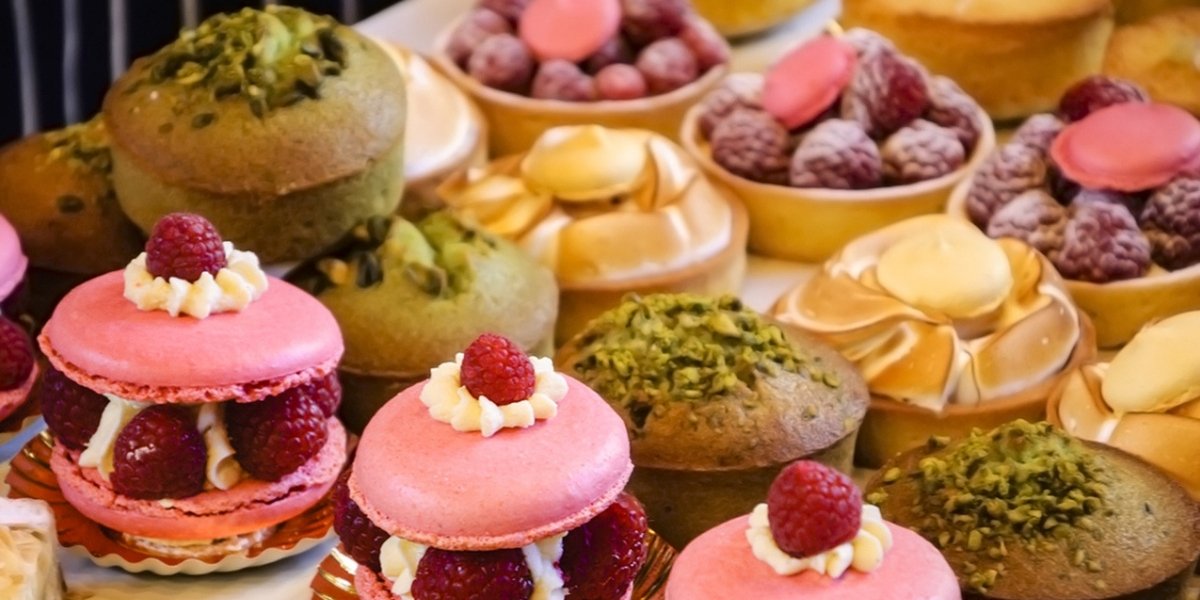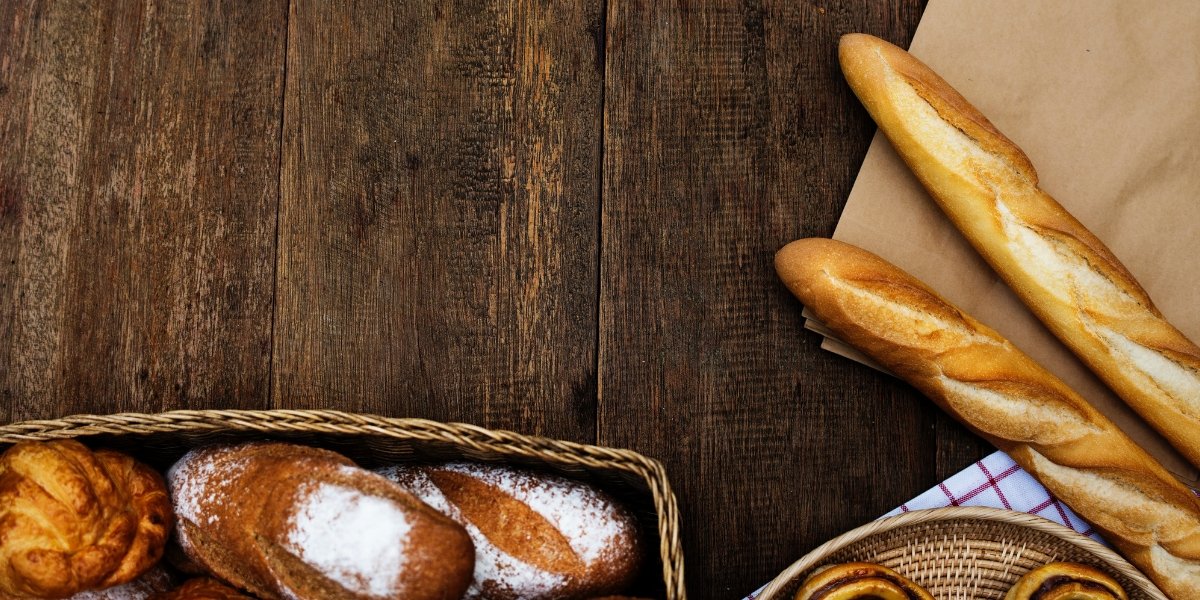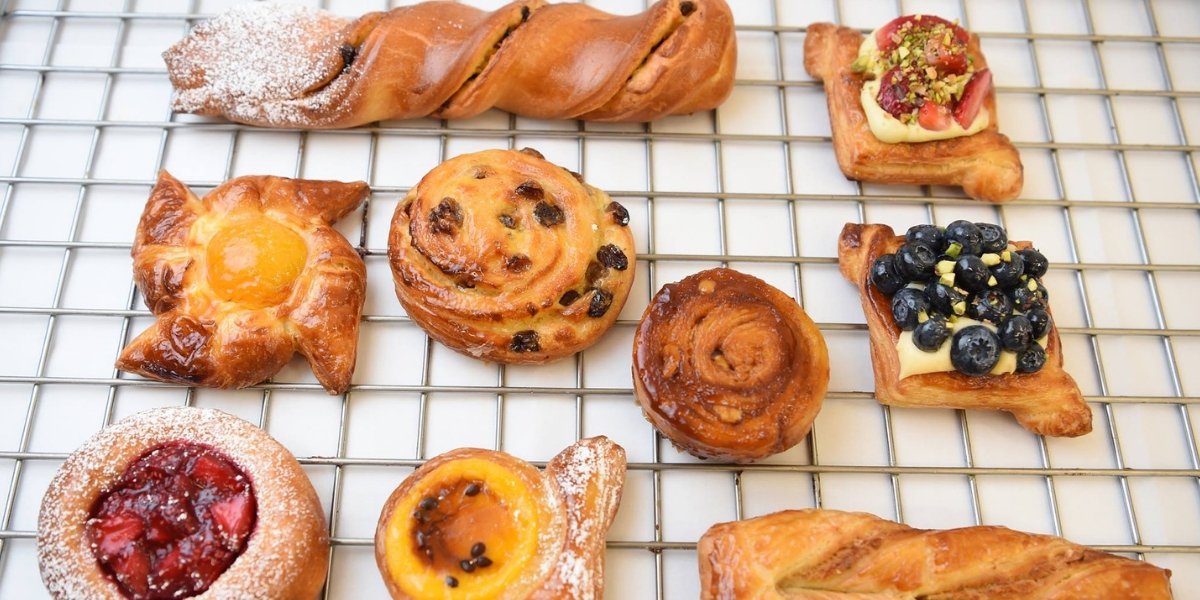-
Locations
Campuses in Europe & Middle EastCampuses in The AmericasCampuses in AsiaLe Cordon Bleu International
- Online Learning
Contact your local representative - Our Story
- Programmes
- Brochures
- News & Events
- Contact
- Find Course

Pâtisserie is used to describe French pastries and the pastry shop they are sold in. Although the word is used quite liberally in English-speaking countries, in France and Belgium the law restricts its use to bakeries who employ licensed maître pâtissier (master pastry chefs).
Creating pâtisserie requires training, at Le Cordon Bleu you will study classical techniques (from basic to advanced) to learn how to create such delicate items. As many of the pastries are intricate, only a well-trained hand can execute them flawlessly.
Pâtisseries are traditionally light and delicate, as well as sweet and decadent. Iconic treats include:
A boulangerie is a French bakery, as opposed to a pastry shop. Bakeries must bake their bread on-premises to hold the title of 'boulangerie' in France. While a boulangerie may also sell pâtisseries and viennoiseries, their main trade will be in traditional French breads, such as:

One key difference to note between a French baker and a pastry chef is that while pâtissiers work with mostly cold ingredients, a boulanger (or baker) will master the techniques and processes of warm rising dough. Learn more about traditional French baking in a specialised Le Cordon Bleu short course.
Viennoserie refers to breakfast pastries made in the style of Vienna, Austria. While they did not originate in France, viennoiseries rose to prominence after an Austrian military official, August Zang opened a bakery Boulangerie Viennoise in Paris, bringing new ideas to French pastry circles.
Viennoiserie is the 'bridge' between pâtisserie and French bread. These goods are typically made with white flour and active yeast cultures, which cause the dough to rise quickly and achieve the perfect flakiness. Some are instead made using an enriched puff pastry. 
The most recognisable viennoiseries include:
Alumna Matilda Smith set up her own patisserie, Penny for Pound after studying a nine-month Diplôme de Pâtisserie (SIT31016 Certificate III in Patisserie) at Le Cordon Bleu. She now employs six full time staff, produces thousands of pastries each week and has a retail expansion underway. In 2018 her business featured in Epicure, Good Food, Broadsheet Melbourne, Urban List and Concrete Playground, and won 'Best Donut in Melbourne' at 2018 DonutFest. Read about Matilda's pâtisserie business here.
Contact Le Cordon Bleu today to learn the techniques of French pâtisserie and cuisine - choose from our patisserie programmes or specialised short courses.
CRICOS 02380M/ RTO 4959
Copyright © 2026 Le Cordon Bleu International B.V. All Rights Reserved.